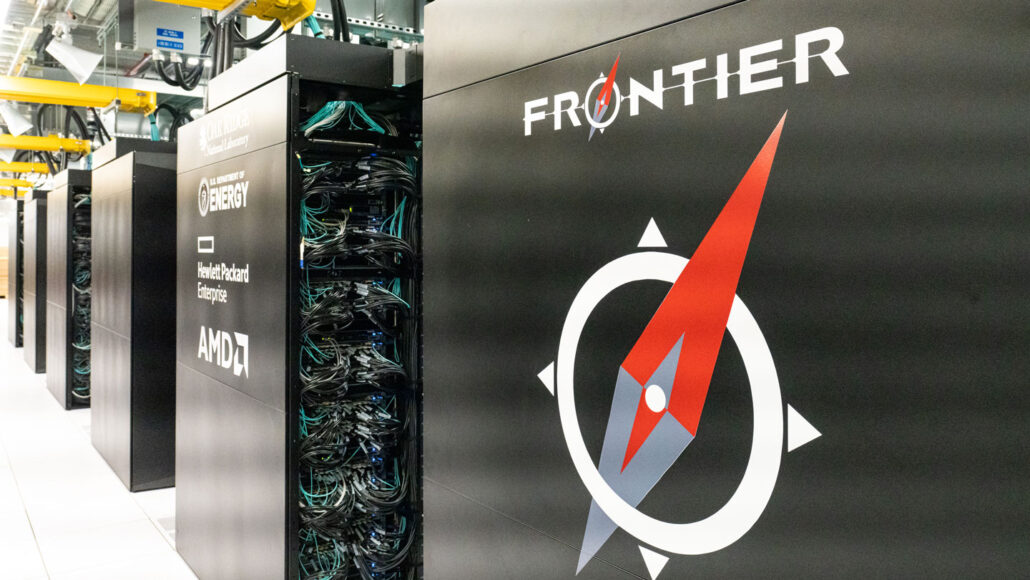artificial intelligence: A type of knowledge-based decision-making exhibited by machines or computers. The term also refers to the field of study in which scientists try to create machines or computer software capable of intelligent behavior.
computational: Adjective referring to some process that relies on a computer’s analyses.
diagnose: To analyze clues or symptoms in the search for their cause. The conclusion usually results in a diagnosis — identification of the causal problem or disease.
field: An area of study, as in: Her field of research is biology. Also a term to describe a real-world environment in which some research is conducted, such as at sea, in a forest, on a mountaintop or on a city street. It is the opposite of an artificial setting, such as a research laboratory. (in physics) A region in space where certain physical effects operate, such as magnetism (created by a magnetic field), gravity (by a gravitational field), mass (by a Higgs field) or electricity (by an electrical field).
milestone: An important step on the road to stated goal or achievement. The term gets its name from the stone markers that communities used to erect along the side of the road to inform travelers how far they still had to go (in miles) before reaching a town.
model: A simulation of a real-world event (usually using a computer) that has been developed to predict one or more likely outcomes. Or an individual that is meant to display how something would work in or look on others.
particle: A minute amount of something.
physics: The scientific study of the nature and properties of matter and energy. Classical physics is an explanation of the nature and properties of matter and energy that relies on descriptions such as Newton’s laws of motion. Quantum physics, a field of study that emerged later, is a more accurate way of explaining the motions and behavior of matter. A scientist who works in such areas is known as a physicist.
ranking: An ordering of things or individuals based on some scale or agree-upon values; a hierarchy.
star: The basic building block from which galaxies are made. Stars develop when gravity compacts clouds of gas. When they become hot enough, stars will emit light and sometimes other forms of electromagnetic radiation. The sun is our closest star.








